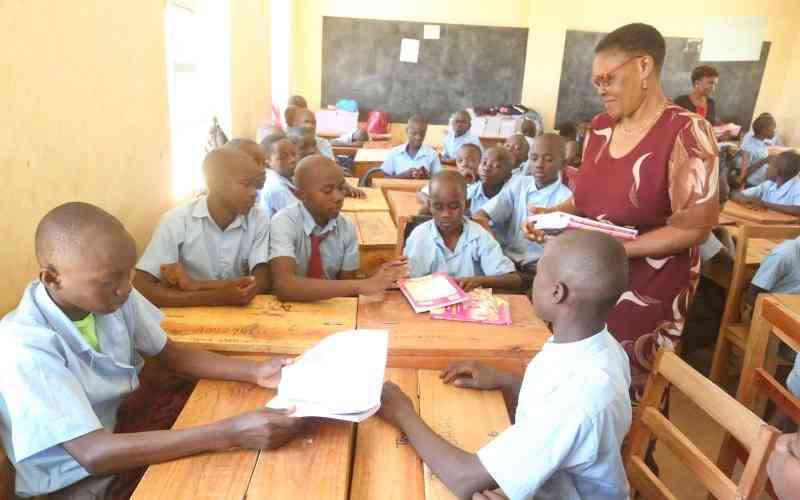×
The Standard e-Paper
Join Thousands Daily

Education Cabinet Secretary Ezekiel Machogu has directed that more than 35,000 junior secondary school teachers who were recruited recently to be paid their salaries expeditiously.
Speaking when he appeared before the National Assembly plenary for grilling by MPs yesterday, the CS regretted that more than 50 per cent of the teachers recruited by the Teachers Service Commission (TSC) were yet to be paid.